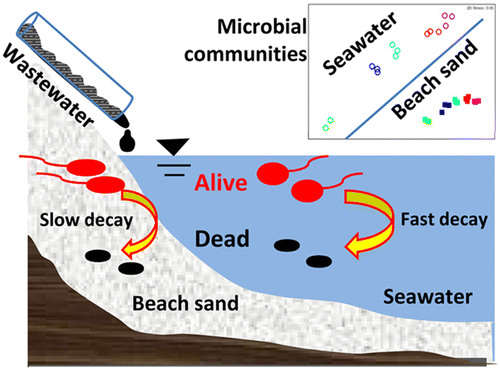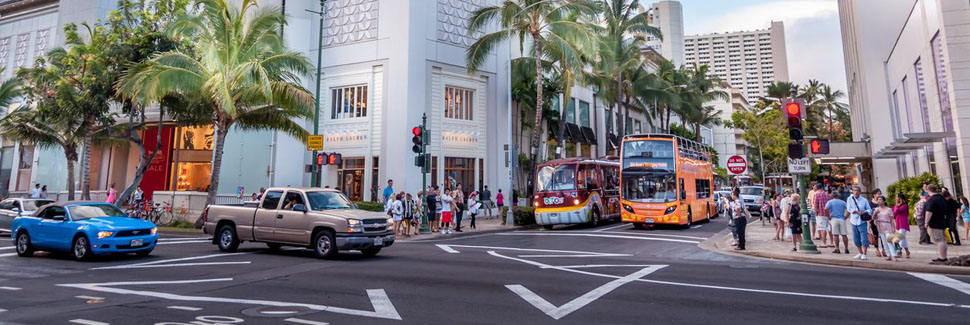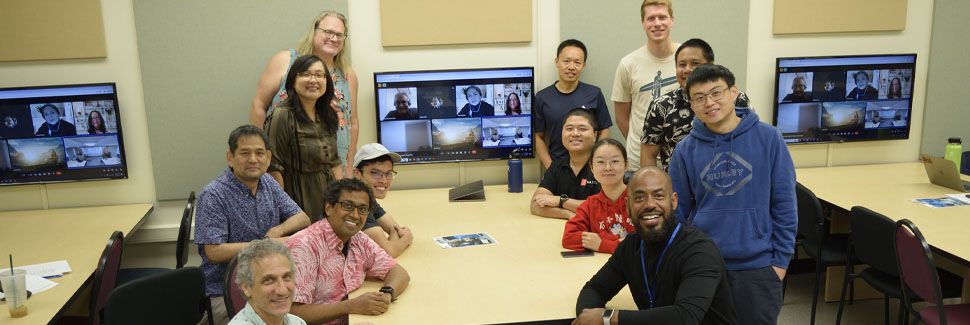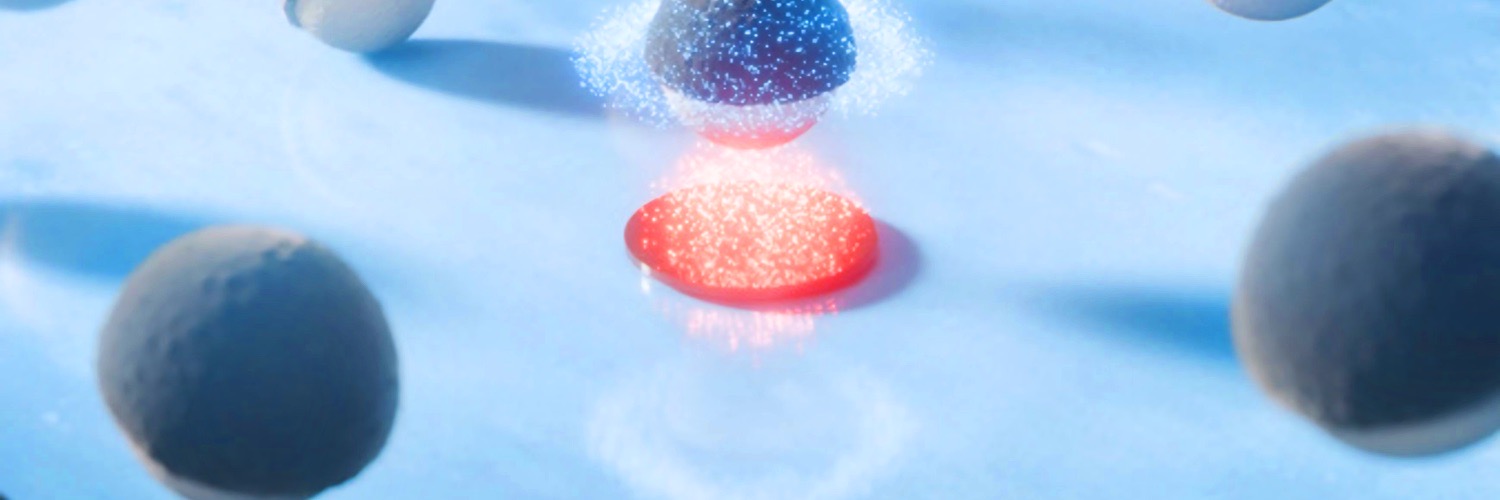UH researchers shed light on why bacteria affects sand more than seawater
New research recently published in the American Chemical Society journal Environmental Science & Technology sheds light on why fecal contamination affects sand more than water.
Sewage-contaminated coastal waters can lead to stomach aches, diarrhea and rashes for those who accidentally swallow harmful microbes or come into contact with them.
University of Hawai‘i at Mānoa Associate Professor of Civil and Environmental Engineering Tao Yan and PhD student Qian Zhang researched why in the past decade, scientists have been finding fecal bacteria in beach sand at levels 10 to 100 times higher than in nearby seawater.
Researchers created microcosms of beach sand and seawater contaminated with sewage in a lab to see how the overall bacterial populations, including fecal dwellers responsible for causing illness, would change over time. They found that microbial communities tended to decay much slower in the simulated beachsand environment than in the water, which could help explain why more fecal bacteria are found on sandy beaches affected by wastewater pollution than in the waves.
“For a beach, the sand is as important as the water, but our monitoring efforts have been placed almost exclusively on the latter,” said Yan. “Results of this study support the need for a holistic beach management approach that includes sand, which can help further advance our goal of public health protection.”
The Hawai‘i State Department of Health provided additional funding for the project.
The American Chemical Society is a nonprofit organization chartered by the U.S. Congress. With more than 158,000 members, ACS is the world’s largest scientific society and a global leader in providing access to chemistry-related research through its multiple databases, peer-reviewed journals and scientific conferences.
For more info, visit: http://pubs.acs.org/doi/abs/10.1021/acs.est.5b01879
News coverage:
- “Contaminated Sand May Make Beachgoers Sick, New Study Says,” ABC News, July 16, 2015
- “The worst place for bacteria at the beach,” CBS News, July 17, 2015
- “Study: Beach sand may be dirtier than the water,” WTVR, July 20, 2015

The decay of fecal indicator bacteria and the change of microbial community structure were slower in beach sand than in seawater. Photo credit: ACS



